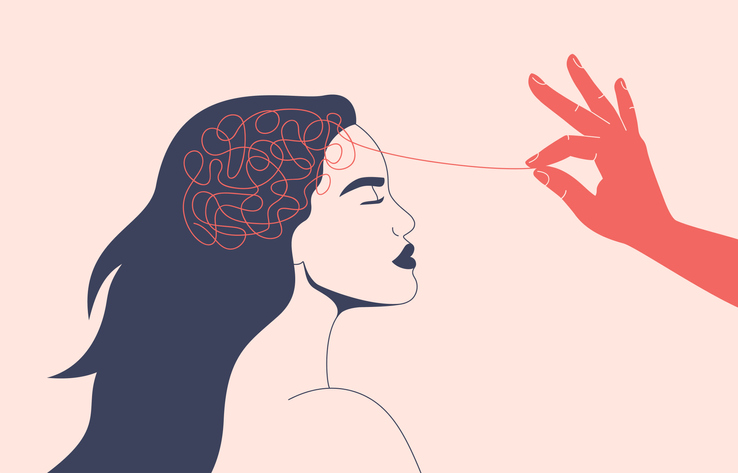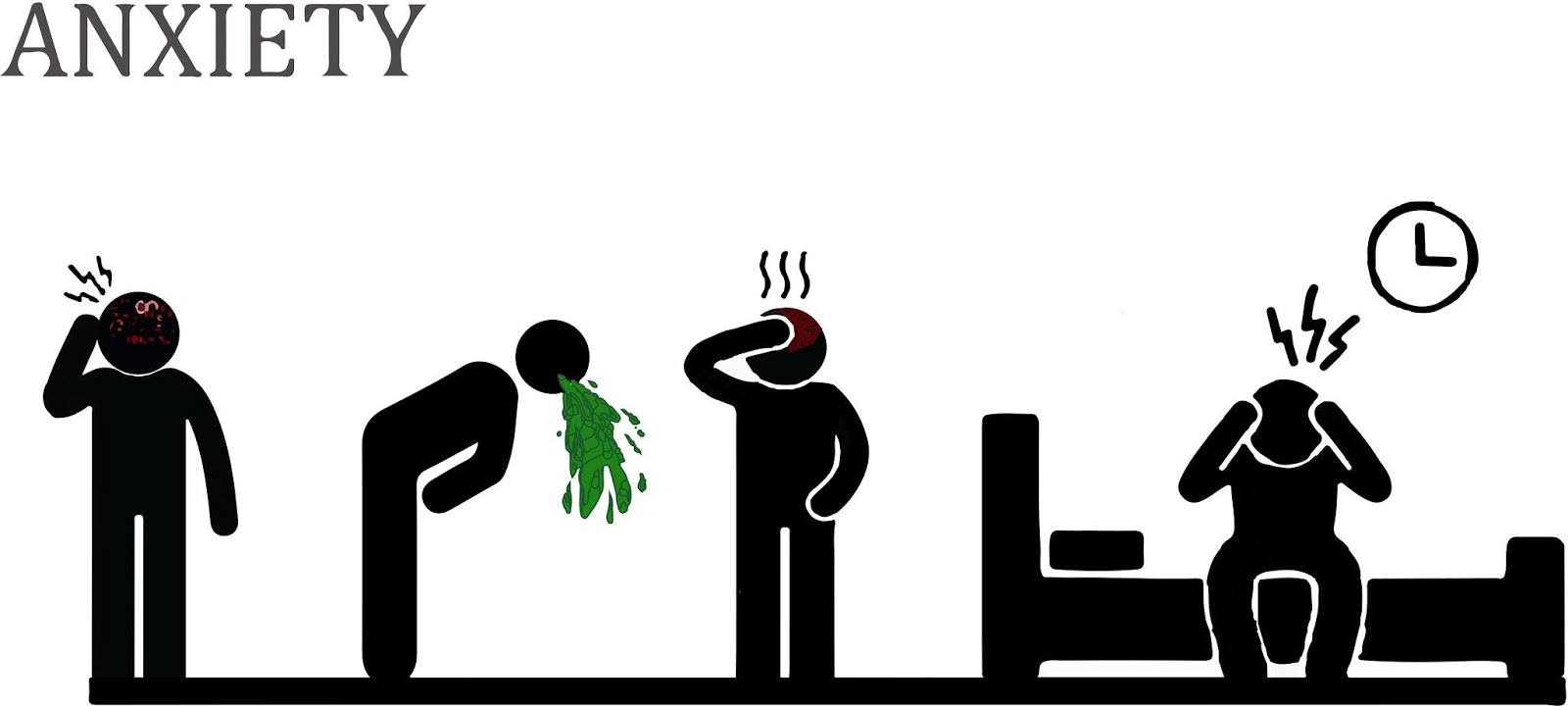Key Takeaways
- Combining weed and Valium can increase side effects like drowsiness, dizziness, and slowed breathing.
- There isn’t enough research to say this combination is safe, especially without medical supervision.
- Never stop or replace Valium with cannabis without talking to your doctor first.
Everyone will experience anxiety at some point in their life. However, according to the CDC, about 13% of adults in the U.S. regularly experience it, often feeling worried, nervous, or on edge. That number does not reflect those who go undiagnosed or untreated.
Valium is a commonly prescribed medication for anxiety. Some people utilize their access to cannabis as well, but that doesn’t mean combining the two is a good idea.
Medical experts don’t recommend mixing weed and Valium. The combination can intensify side effects like sleepiness, dizziness, or slowed breathing. In some cases, these effects can become serious, making daily tasks more challenging and putting your health at risk.
What is Valium?

Valium is the brand name for diazepam, a prescription medication used to treat conditions like anxiety, muscle spasms, and certain types of seizure disorders like epilepsy. It belongs to a class of drugs known as benzodiazepines, which work by calming the central nervous system.
Valium increases the effects of a brain chemical called GABA (gamma-aminobutyric acid). GABA helps slow down brain activity, which can ease anxiety, relax muscles, and reduce seizure activity.
The drug is commonly prescribed for:
- Generalized anxiety or panic disorders.
- Painful or involuntary muscle spasms.
- Seizures, often as an add-on treatment for epilepsy.
- Alcohol withdrawal.
- Short-term sedation before medical procedures.
Potential side effects and risks of Valium include:
- Drowsiness or fatigue.
- Dizziness or lightheadedness.
- Muscle weakness.
- Trouble concentrating.
- Mood changes like confusion or irritability.
- Memory issues.
- Slowed breathing (especially when mixed with other depressants).
- Risk of dependence, misuse, or withdrawal.
Even when used as prescribed, Valium can lead to tolerance or physical dependence, especially with long-term use. Mixing Valium and weed or other substances that depress the nervous system may increase the risk of side effects like extreme drowsiness, confusion, or slowed breathing.
The information in this website, including but not limited to images, graphics, text and other materials, is included for informational purposes only. None of the material on this site is intended to substitute for professional medical advice. Always seek advice from your qualified physician or healthcare provider if you have questions before starting any new healthcare regimen, and never disregard professional medical advice based on anything you read on this website or any other website.
This information, including images, is not medical advice. Consult a physician before starting or stopping medications or herbs, including cannabis. Information not evaluated by FDA and not intended to diagnose, treat, cure, or prevent disease.
What Does Current Research Say About Interactions Between Weed and Valium?

Research suggests that combining weed and Valium can raise some real concerns, especially without a doctor’s guidance. While studies are still limited, what is known points to overlapping effects that may amplify risks, not benefits.
Both Valium and cannabis act on the central nervous system. Valium increases the effects of GABA, a chemical that slows brain activity and promotes calm. Cannabis, particularly THC, also affects brain signaling, often leading to drowsiness, slowed reaction time, and changes in coordination.
When used together, these effects can stack. Studies show that Valium may impair motor control and memory, and cannabis is known to do the same. Taking both could lead to deeper brain fog, confusion, and difficulty focusing.1,2
There’s also a physical risk: both drugs have been linked to respiratory depression, especially at higher doses or when combined with other sedatives.3,4 This can make breathing slower or shallower, which in some situations becomes dangerous.
CBD adds another layer. As a CYP3A4 enzyme inhibitor, CBD may slow how the body breaks down Valium, potentially leading to stronger or longer-lasting effects than expected.
At this point, no studies suggest a clear benefit to combining these substances. That doesn't stop some patients from exploring cannabis to help with similar conditions to Valium. However, there's not nearly enough research to support cannabis as a replacement.
Why You Should Talk to Your Doctor Before Considering Weed and Valium

Mixing weed and Valium isn’t something to take lightly. First, research on this combination is limited. Likewise, what’s known so far points to a higher risk of unwanted effects. These might include, but aren't limited to, sedation, memory problems, and slowed breathing.
Because both substances affect the nervous system, using them together may increase the risk of side effects, including drowsiness, dizziness, confusion, and poor coordination. These effects aren’t always predictable, and they can make everyday activities more difficult or even unsafe.
Cannabinoids like CBD may also interfere with how the body processes Valium. This could make the drug stronger or longer-lasting than intended.
Some people might consider replacing Valium with cannabis, hoping for similar relief with fewer risks. But suddenly reducing or stopping Valium without medical guidance can lead to serious withdrawal symptoms, including:
- Rebound anxiety.
- Insomnia.
- Tremors.
- In rarer cases, seizures.
These risks are higher if Valium has been used long-term or at higher doses.
It’s essential to talk to your doctor first before combining any substances. They can help ensure you’re approaching medication use safely.
References
- Willerslev-Olsen M, Lundbye-Jensen J, Petersen TH, Nielsen JB. The effect of baclofen and diazepam on motor skill acquisition in healthy subjects. Experimental Brain Research. 2011;213(4):465-474. https://doi.org/10.1007/s00221-011-2798-5 ↩︎
- Angus WR, Romney DM. The effect of diazepam on patients’ memory. Journal of Clinical Psychopharmacology. 1984;4(4):203-206 ↩︎
- Forster A, Gardaz JP, Suter PM, Gemperle M. Respiratory Depression by Midazolam and Diazepam. Anesthesiology. 1980;53(6):494-497. doi:https://doi.org/10.1097/00000542-198012000-00010 ↩︎
- Ghasemiesfe M, Ravi D, Vali M, et al. Marijuana Use, Respiratory Symptoms, and Pulmonary Function: A Systematic Review and Meta-analysis. Ann Intern Med. 2018;169(2):106-115. doi:10.7326/M18-0522 ↩︎
The information in this article and any included images or charts are for educational purposes only. This information is neither a substitute for, nor does it replace, professional legal advice or medical advice, diagnosis, or treatment. If you have any concerns or questions about laws, regulations, or your health, you should always consult with an attorney, physician or other licensed professional.




